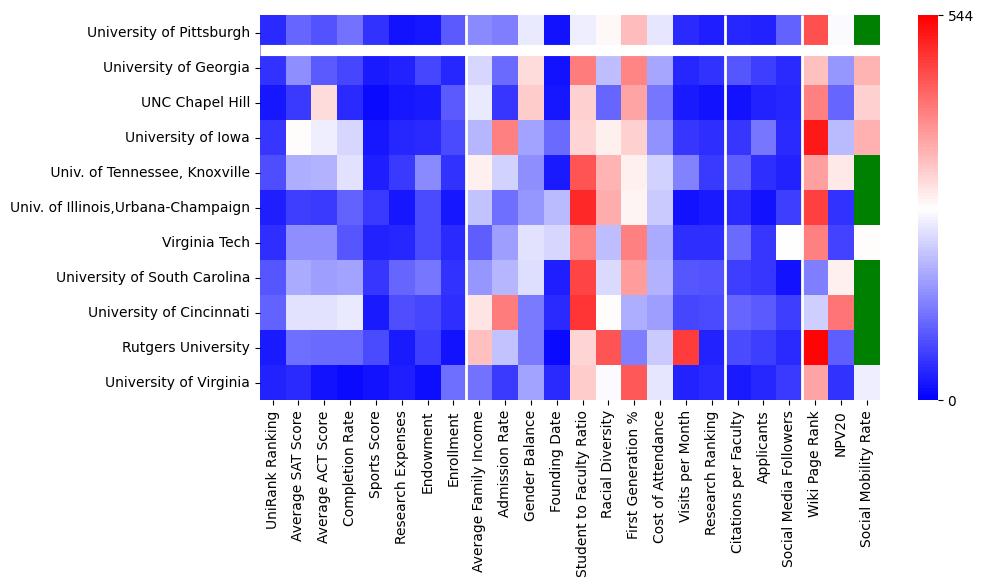The University of Pittsburgh, often referred to as Pitt, boasts a rich history dating back to its founding in 1787, making it one of the oldest institutions of higher education in the United States. Situated in Pittsburgh, Pennsylvania, it began as a small private school and has evolved into a major public research university, known for its commitment to academic excellence and innovation. As a member of the prestigious Association of American Universities, Pitt has a strong emphasis on research and development, contributing significantly to advancements across various fields.
What sets the University of Pittsburgh apart is its vibrant campus life and its integration with the city of Pittsburgh, providing students with unique opportunities for internships, research, and community engagement. The university's location in a city known for its transformation from an industrial hub to a center for healthcare, technology, and education offers students a dynamic environment to explore both academically and socially. Moreover, Pitt's commitment to sustainability and its efforts in fostering a diverse and inclusive community have been commendable, making it an attractive choice for students from around the globe.
Academically, the University of Pittsburgh is highly regarded, with a strong emphasis on research-led teaching and a wide array of programs. Its School of Medicine, consistently ranked among the top medical schools in the nation, is renowned for its groundbreaking research and training in various medical fields. The Swanson School of Engineering and the School of Nursing are also notable for their rigorous programs and exceptional faculty. Furthermore, Pitt's philosophy department is recognized internationally, particularly for its work in the philosophy of science, while the Joseph M. Katz Graduate School of Business offers highly regarded MBA and Executive MBA programs.
While the University of Pittsburgh excels in many areas, it has faced challenges, particularly related to student housing and the cost of attendance. With increasing enrollment, the demand for on-campus housing has outpaced supply, leading to concerns among students about accommodation availability. Additionally, despite being a public university, the cost of attendance has been a point of contention, with some students and families expressing concerns over tuition rates and financial aid offerings. These areas are crucial for prospective students to consider when evaluating the university's overall value proposition.



